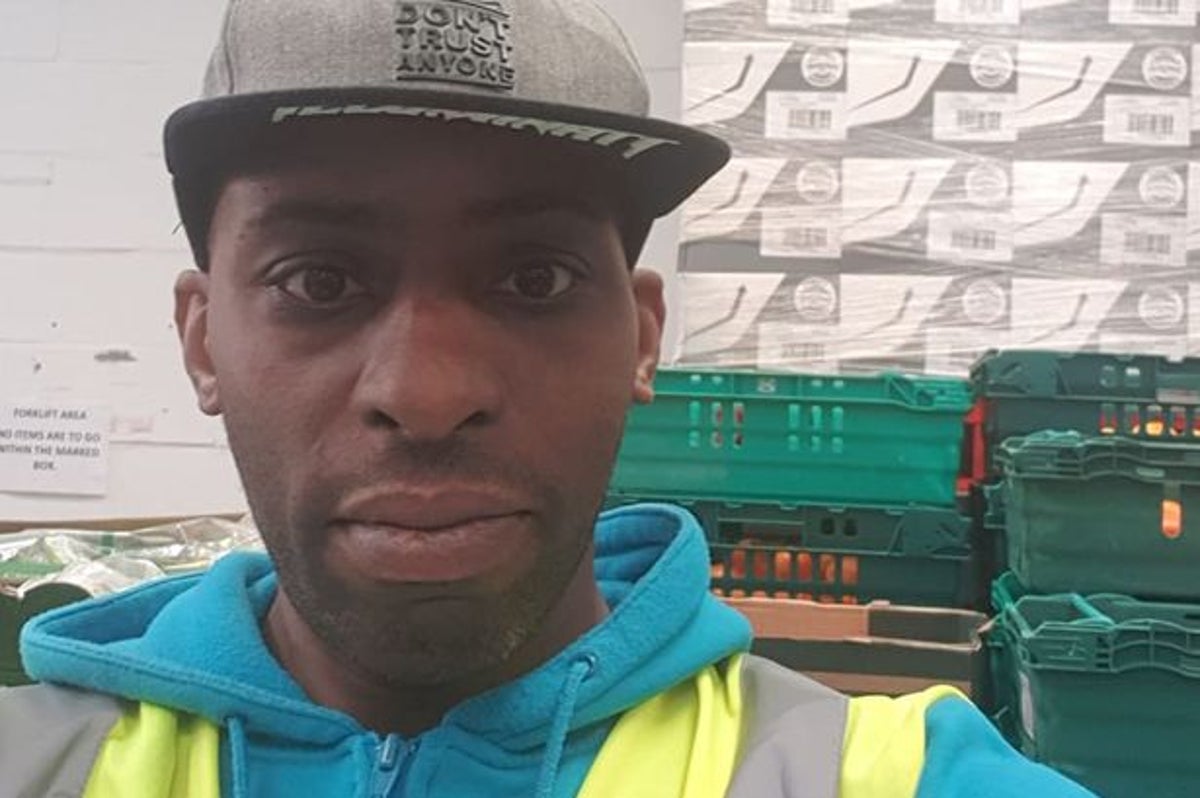
The family of a vulnerable Black man who died after being tasered by police and then jumping from Chelsea Bridge have threatened to sue the police watchdog.
Oladeji Omishore, 41, died on 4 June after falling into the Thames following the use of a Taser by two Metropolitan Police officers. He was experiencing a mental health crisis at the time, his relatives have said.
His family say they want a judicial review against the Independent Office for Police Conduct over its “unlawful and irrational” decision not to hold a criminal or misconduct investigation into his death.
They say they want the IOPC to apply its own criteria on investigations to the case, with the aim of ensuring that the watchdog carries out a more robust investigation over Mr Omishore’s death.
In a joint statement, his family said: “Deji was only a few moments walk from his home and appears to have been vulnerable and frightened. The two Metropolitan police officers who confronted him used repeated force on him which we consider was excessive and unjustified.
“We want those officers to explain why they did not use their training to de-escalate the situation and safeguard Deji, instead of taking the actions that led to his tragic death.
“We wish to pursue a judicial review claim against the IOPC for their continuing decision to treat the two officers as witnesses to the investigation and not subjects of the investigation, and not to classify the investigation as a conduct or criminal investigation.”
The officers in this case remain on active duty. Without a criminal or misconduct investigation, officers involved in deaths are only treated as witnesses, rather than as subjects of investigations.
The family is crowdfunding for legal costs via their solicitors at Hickman & Rosa.
Deborah Coles, Director of INQUEST, said: “It is in both the interest of both the public and bereaved families that police officers are subject to robust investigation of the highest standard. They are public servants and must be held to account at an individual and corporate level when things go so badly wrong.
“It is vital that conduct or criminal investigations are commenced urgently after a death, to ensure scrutiny is thorough and that officers are rightly treated as subjects of investigations, not just witnesses. This is an issue which has impacted bereaved families for years.
“This legal action from the Omishore family is an important step in challenging this systemic issue in the investigation of deaths in police contact.”
Kate Maynard, of Hickman and Rose solicitors, who represent the family, said: “The threshold to treat officers as subjects and declare a conduct investigation is low. The IOPC only needed to consider there to be an indication that the officer may have committed a criminal offence or have behaved in a manner that would justify them facing disciplinary proceedings.
“The failure of these officers to diligently exercise their duties and responsibilities and the excessive use of force are obvious potential disciplinary infringements for investigation.
“The failure to interview the officers as subjects of investigation under caution, and to properly test their evidence under a misconduct notice, risks becoming a material flaw in the investigation, as has happened in other cases.
“The family is taking a stand to set a gold standard for other cases.”
An IOPC spokesperson told The Independent that it has “no indication that any of the officers involved may have breached police professional standards” but will keep this position under review.
“Our thoughts and sympathies remain with the family and friends of Oladeji Omishore. During any investigation we keep conduct matters under constant review and take decisions based on the evidence available,” a spokesperson said.
“We will work to complete the investigation as quickly as possible and we are carrying out a thorough and robust examination of all the evidence. We are committed to keeping Mr Omishore’s family updated.”
The Met Police declined to comment.







